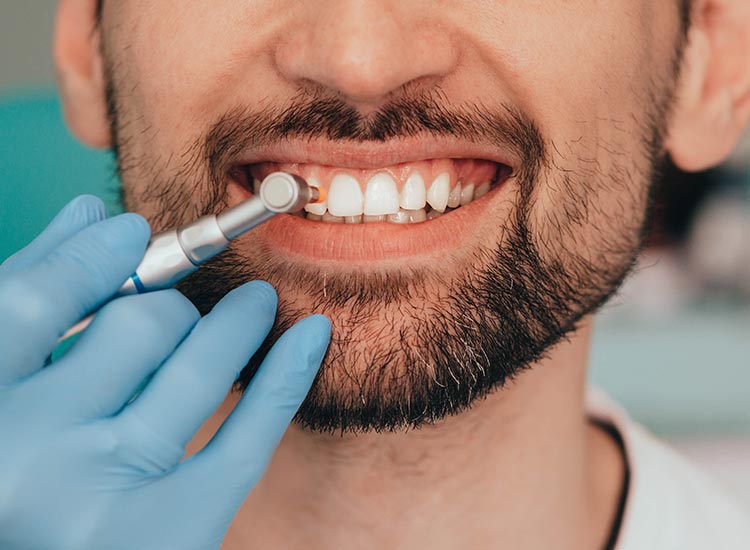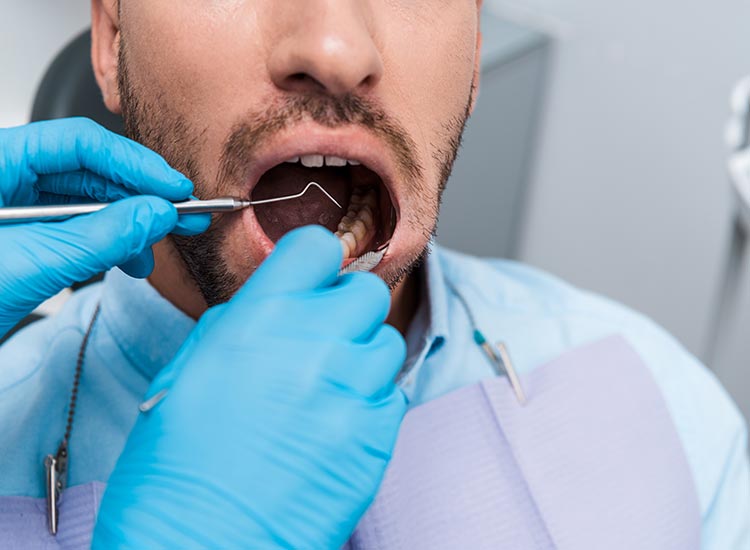Will I lose my teeth if I have periodontal disease?
You can lose your teeth if periodontal disease is left untreated, but with timely care and proper oral hygiene, tooth loss can often be prevented.
Key Points to Consider:
-
Periodontal disease affects the gums and bone supporting your teeth.
-
Early treatment can stop or reverse damage.
-
Advanced stages increase the risk of tooth loss.
-
Good oral hygiene and regular dental visits are essential.
-
Periodontists can help manage and maintain gum health.
How Periodontal Disease Affects Your Teeth
Damage to Gums and Bone
Periodontal disease begins with gum inflammation but can progress to damage the bone that holds your teeth in place. As the disease worsens, gums recede, and pockets form around the teeth, allowing bacteria to build up. If left untreated, this process can lead to loose teeth and eventual tooth loss.
Stages of Periodontal Disease
In the early stage, known as gingivitis, symptoms can often be reversed with improved oral care. Once it progresses to periodontitis, more intensive treatment is needed to stop the damage. Advanced periodontitis significantly increases the risk of tooth loss without professional intervention.

Preventing Tooth Loss with Periodontal Care
Importance of Early Detection
Early signs like bleeding gums or bad breath should not be ignored. The sooner periodontal disease is diagnosed, the more likely it is that tooth loss can be avoided. Regular dental check-ups and cleanings play a key role in early detection and management.
Long-Term Management Strategies
Even if you already have periodontal disease, many treatments can help preserve your teeth. Deep cleanings, medications, and ongoing maintenance with a periodontist can all support gum health. In severe cases, surgical options may be necessary to rebuild lost tissue and save your teeth.
